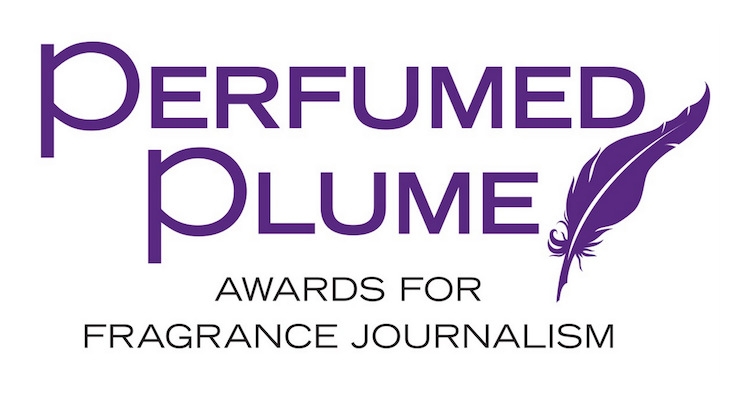“If olfaction were his most important sense, man’s linguistic incapacity to describe olfactory sensations would turn him into a creature tied to his environment. Because they are ephemeral, olfactory sensations can never provide a persistent stimulus of thought. Thus the development of the sense of smell seems to be inversely related to the development of intelligence.” – ALAIN CORBIN
Tag Archives: language
When Fragrances Tell: Olfactory Storytelling
https://www.youtube.com/watch?v=xCfrInadAW4
Düfte plaudern lassen: Rückblick auf Duft – & Literaturfestival in Solothurn
Wenn Düfte erzählen hiess es vom 26. Mai bis zum 2. Juni 2019 in Solothurn. Im Rahmen des Schweizerischen Nationalfonds Agora Projekts Smelling more, smelling differently an der Berner Fachhochschule gab es eine Eventreihe mit mehreren hundert Besuchern, die als innovatives Duft- und Literaturfestival in die Annalen geht: interaktiv, partizipativ & performativ. Die Entwicklung neuer Düfte wurde zuvor in zwei weiteren Nationalfondsprojekten in Bern aus einer Managementperspektive mit einem innovativen Methodenmix untersucht. Wenn Düfte erzählen erweiterte diese Ansätze für den Dialog mit der Öffentlichkeit. Hier ein Rückblick auf Präsentationen, Schreibateliers, Workshops, Lesungen und die Duftbar.
Continue reading Düfte plaudern lassen: Rückblick auf Duft – & Literaturfestival in Solothurn
Düfte plaudern lassen: Rückblick auf Duft – & Literaturfestival in Solothurn
Wenn Düfte erzählen hiess es vom 26. Mai bis zum 2. Juni 2019 in Solothurn. Im Rahmen des Schweizerischen Nationalfonds Agora Projekts Smelling more, smelling differently an der Berner Fachhochschule gab es eine Eventreihe mit mehreren hundert Besuchern, die als innovatives Duft- und Literaturfestival in die Annalen geht: interaktiv, partizipativ & performativ. Die Entwicklung neuer Düfte wurde zuvor in zwei weiteren Nationalfondsprojekten in Bern aus einer Managementperspektive mit einem innovativen Methodenmix untersucht. Wenn Düfte erzählen erweiterte diese Ansätze für den Dialog mit der Öffentlichkeit. Hier ein Rückblick auf Präsentationen, Schreibateliers, Workshops, Lesungen und die Duftbar.
Continue reading Düfte plaudern lassen: Rückblick auf Duft – & Literaturfestival in Solothurn
Olfactory language in British fiction
Scent has so far remained largely sidelined into the context of the eighteenth-century novel. Reading Smell by Emily Friedman and published in 2016 provides models for how to incorporate olfactory knowledge into new readings of the literary form central to our understanding of the eighteenth century and modernity in general: the novel. Continue reading Olfactory language in British fiction
Why Do Most Languages Have So Few Words for Smells? – The Atlantic
And why do these two hunter-gatherer groups have so many? Interesting questions and article from The Atlantic, on the research of Asifa Majid from Radboud University in the Netherlands on the Jahai people of Malaysia and the Maniq of Thailand. (Majid’s work was featured earlier this year in a piece by The Economist.) But perhaps another way to look at it is via this excellent post from Dr. Avery Gilbert on The Alleged Limitations of Olfactory Language.
http://www.theatlantic.com/science/archive/2015/11/the-vocabulary-of-smell/414618/
Fragrance Journalism
The Perfumed Plume Awards bestow honors in fragrance journalism. Continue reading Fragrance Journalism
Workshops – www.bildtaktik.de
In conjunction with the exhibition BILDTAKTIK in Dresden, Germany, a two-day workshop (June 26 – 27 2015) is being offered on “The Vocabulary of Invisibility: Investigation and foray into the volatile world of smellsâ€. Continue reading Workshops – www.bildtaktik.de
Cross-cultural research makes a difference
Since ancient times there has been the common belief that the experience of a smell is impossible to put into words. The New Yorker presents an overview of more recent cross-cultural research challenging this belief: Culture, not biology, rules the relation between smell and language





